- 28 Posts
- 7 Comments

 0·5 months ago
0·5 months agoI remember getting scolded for not singing O Canada properly.
Why is this even a story? This shit happens in schools because wrestling kids to do stuff is hard.
Oh wait, I forgot, China bad.

 0·5 months ago
0·5 months agoThis strike is extremely confusing. It’s a space radar thats only other use case is as an early-warning radar for ICBMs (that is, in the event of nuclear war).
Why is Ukraine going after Russia’s nuclear triad? What the fuck is going on?

 0·5 months ago
0·5 months agoNobody commenting on this has ever visited Xinjiang. Nobody writing these articles has ever visited Xinjiang. Can you blame people for listening to the media they have access to?
There’s a funny thing about the notion of media literacy in China vs. the US: in China, media literacy is mostly “what is the media not telling me?” while in the US, media literacy is mostly “which media source is telling me the right thing?”

 0·5 months ago
0·5 months agosigh
You know what the biggest cities in Xinjiang are? Urumqi, Korla, Aksu, Karamay. Those are some Chinese sounding names /s
Note that some towns have been switched to a Mandarin standard. This is especially true when Han populations dominate a particular city (e.g., Shihezi, set up by a Chinese general in 1951), or when a city relies on tourism from other provinces (e.g., Beitun, a ski towm). But… That’s not what the article is discussing, really. The article is much more interested in Romanization of these names.
Officially, the Uyghur name shares equal right as the Chinese one, however, sometimes the Uyghur Romanization is a pain in the ass to pronounce while the Chinese one is far easier (Ürümqi vs. Wulumuqi). This is as true in Xizang as it is in Xinjiang (the name བོད་ is still used to refer to Xizang by official Chinese standards, but that doesn’t phonetically map to Tibet). Of course, people are forgetting that English is neither the first nor second most common language in Xinjiang… In fact, given the number of ethnic minorities I doubt it’s even on the list. The English name is selected for convenience rather than anything else because nobody except Western tourists will ever use it.
There’s an interesting debate happening today in Canada as to whether this Romanization makes sense: while First Nations names like Squamish and Tsawwassen have been Romanized and are used colloquially, First Nations groups oppose Romanization because of its association with colonialism and instead would prefer names like “šxʷƛ̓ənəq Xwtl’e7énḵ”. The question is, which do you keep as the English public-facing name?
Of course, this is coming from the same The Guardian that reported that “the last major mosque in China lost its domes and minarets” when the Afaq Khoja and Id Kah exist and are widely known as holy sites in Uyghur Islam. The Guardian’s reporting on China has consistently been sloppy because they don’t have a correspondent in Xinjiang and their editorial teams don’t speak Chinese or Uyghur.

 1·7 months ago
1·7 months agoWatch as the US still doesn’t press Israel into a ceasefire. It’s becoming increasingly apparent that conflict in the Middle East isn’t an unfortunate circumstance but a goal of American foreign policy.

 1·9 months ago
1·9 months agoBut at what cost???
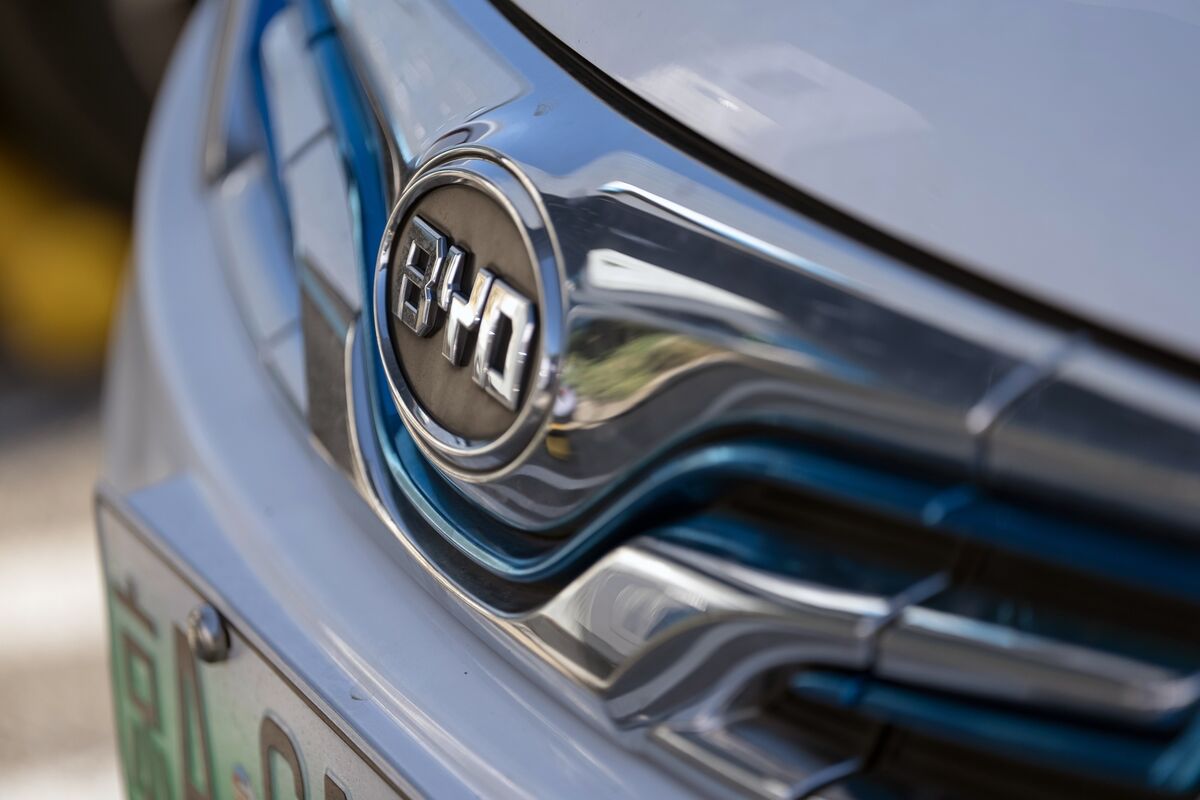
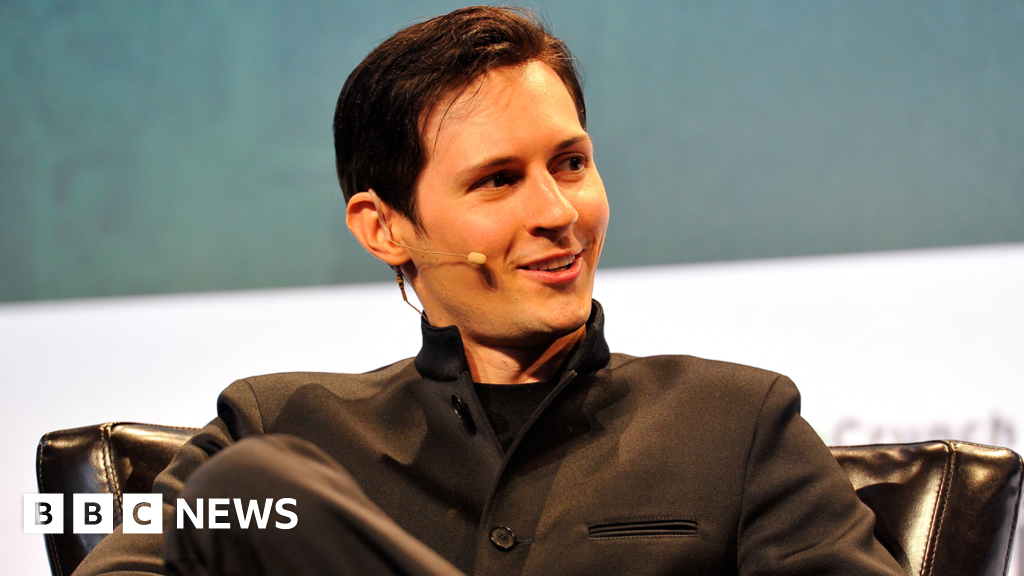
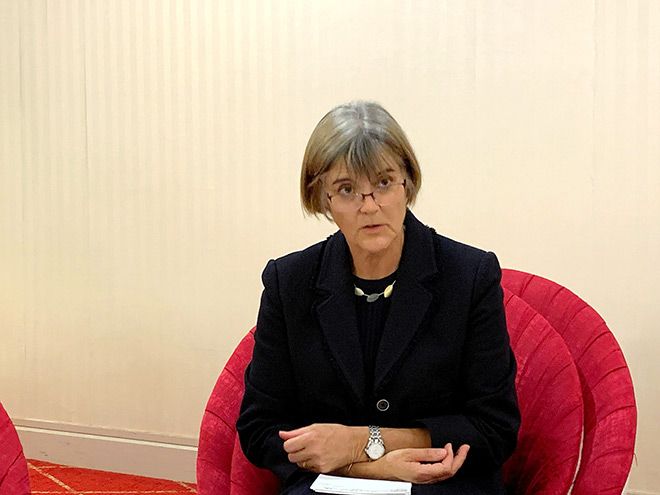
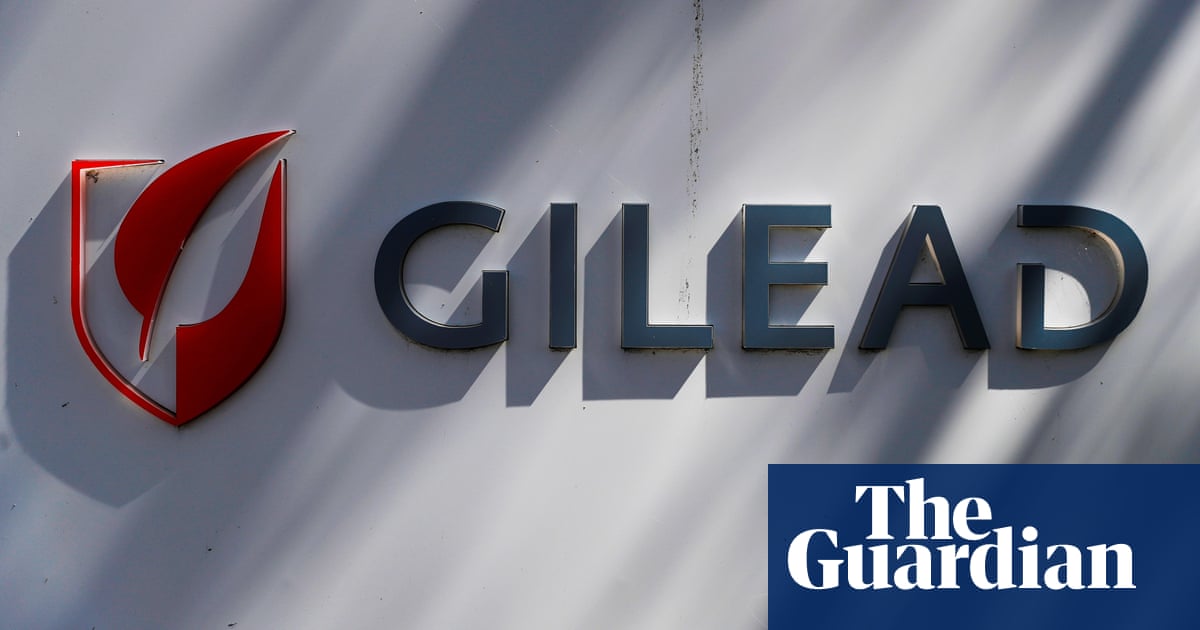
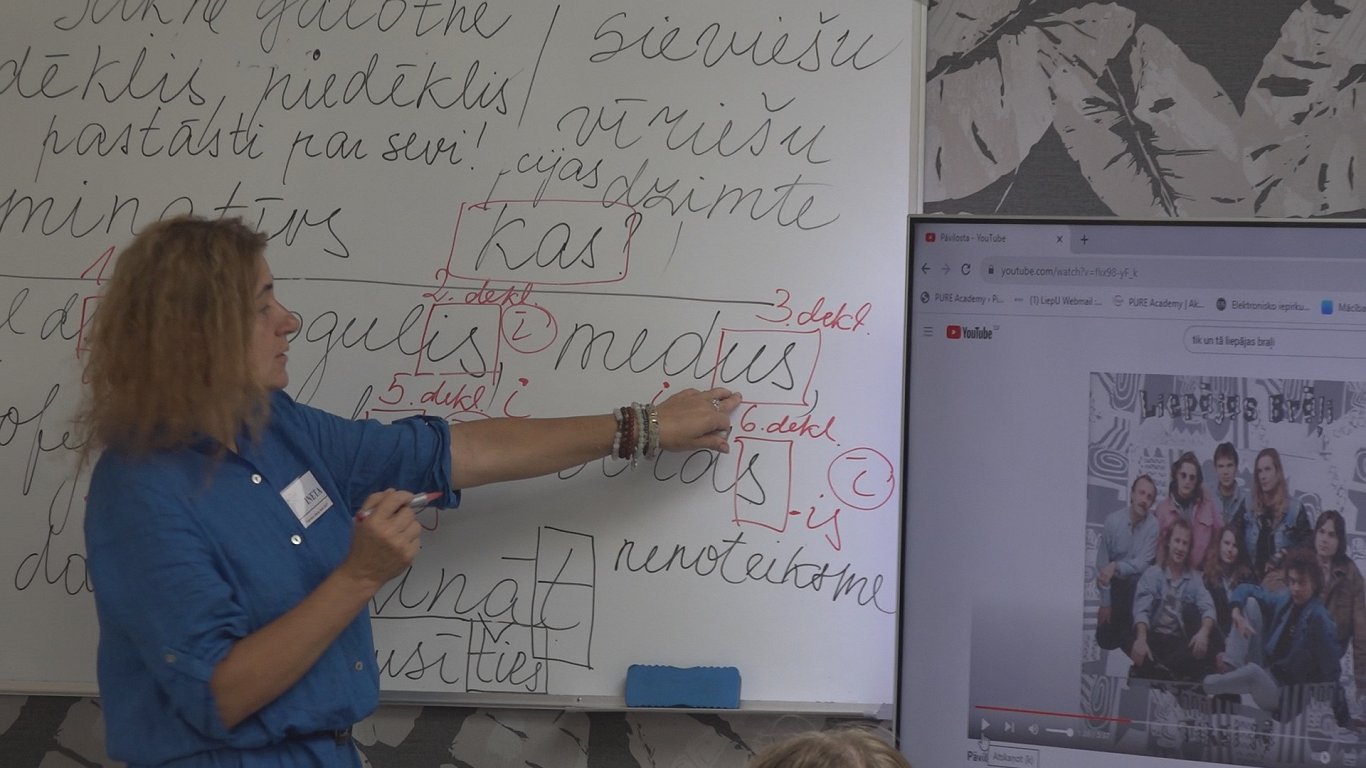


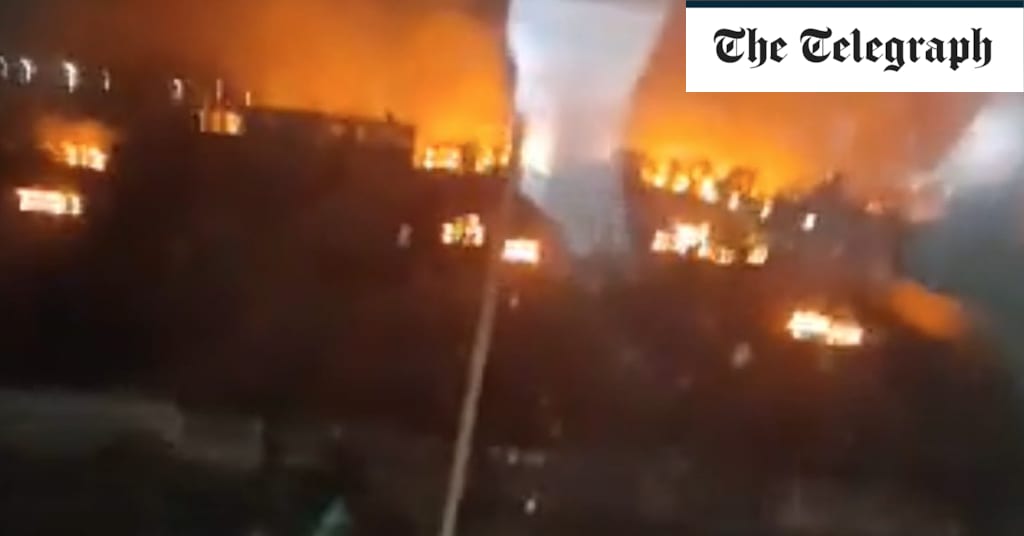



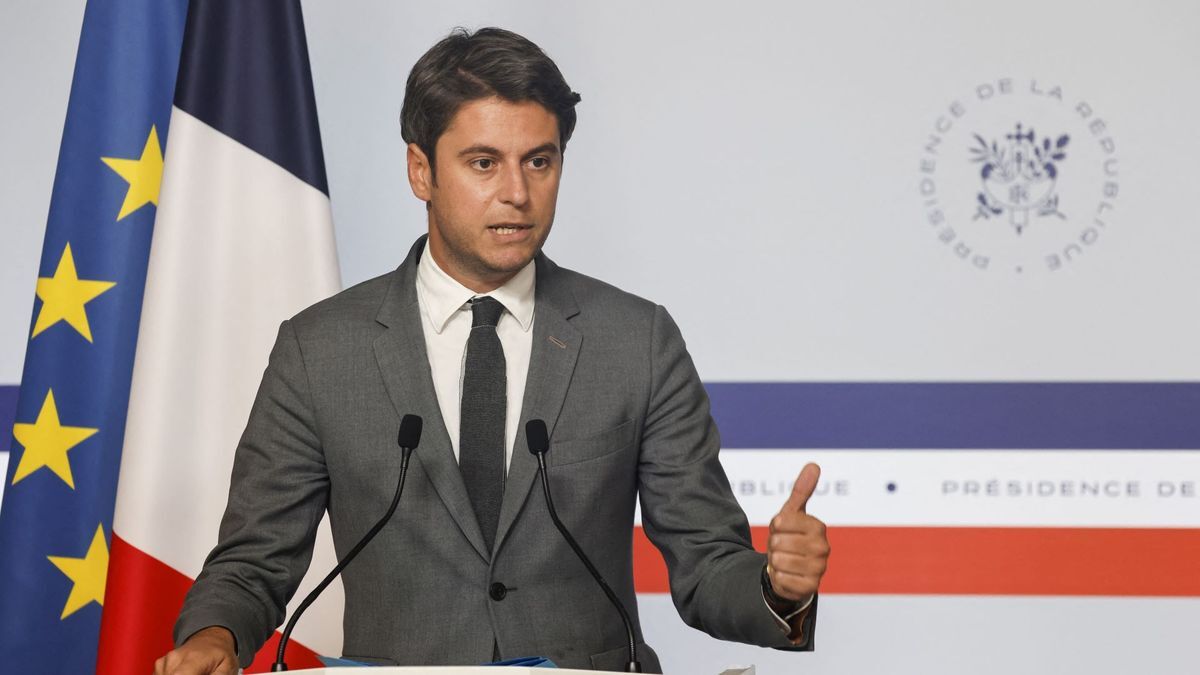

Friendly reminder that China has one of the lowest positive WADA doping test rates in the world. The US tests positive at more than 5x that rate. India tests positive at more than 15x that rate. Russia tests positive at a similar rate as the US.
The US just can’t accept that WADA, which receives more funding from the US than from any other country in the world, isn’t biased towards Americans. We know that 6.5 to 9.2% of US athletes are doping, anyway: https://www.ncbi.nlm.nih.gov/pmc/articles/PMC11102888/
But sure, those 6.5% to 9.2% of US athletes are all acting on their own and there’s no system in place to encourage doping (as if the fact that almost 1 in 10 US athletes get away with doping isn’t a system to encourage it).